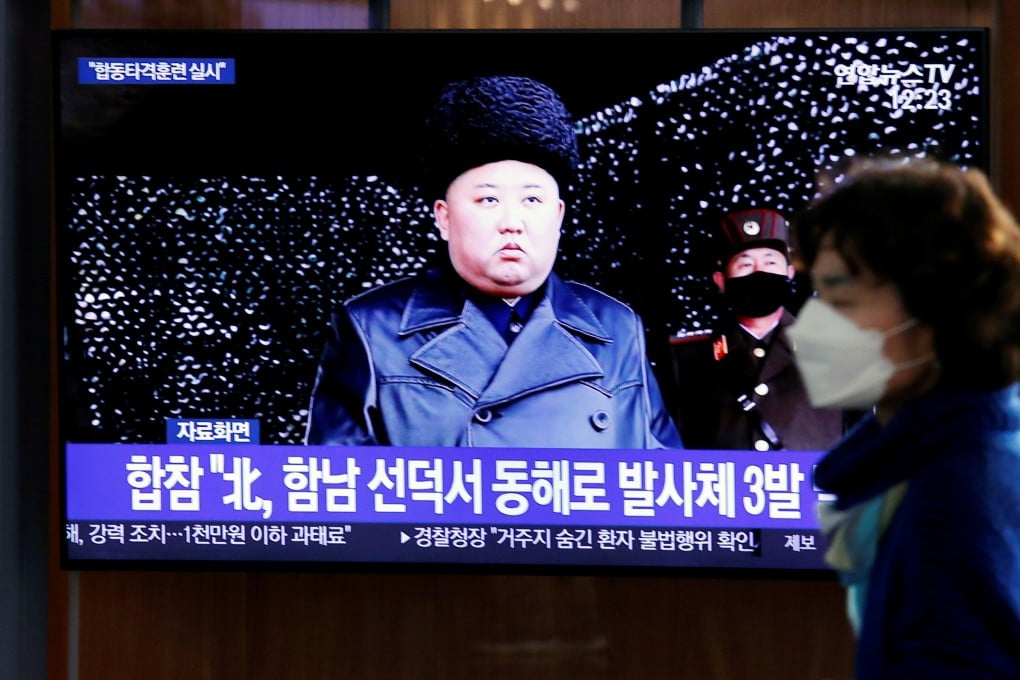Is North Korea hiding coronavirus quarantine camps on China border?
- Source claims internees are being left to starve in camps, while activist says bodies were incinerated after a suspected case involving a cross-border trader
- But a scholar says Pyongyang’s claim to be completely free of the disease is ‘plausible’

Almost a year into the global emergency, a growing body of unverified reports and testimony from inside the notoriously secretive country is fuelling doubt about the North’s claimed clean bill of health.
The steady trickle of information – much of it based on second or third-hand recounting of claims by anonymous sources inside North Korea – raises the possibility of a humanitarian disaster in a country with poor medical care and widespread chronic malnourishment.
Tim Peters, a Christian activist who runs Seoul-based non-profit Helping Hands Korea, said sources in the North had reported the establishment of “quarantine camps” in cities near the Chinese border where medical neglect and starvation were common.
“One of the more alarming pieces of information that has come our way is that the DPRK government is providing absolutely minimal or no food or medicine to those who are interred there,” said Peters, using the acronym for the North’s official name, the Democratic People’s Republic of Korea. “So, it’s up to the families of the quarantined citizens to come to the edge of the camps and bring food to keep quarantined relatives alive along with whatever health-related aids that they can muster, whether it be purchased medicines sold in the jangmadang markets, or even herbal home remedies gathered from mountainsides. My sources indicate many in these camps have already died, not only from the pandemic but also from starvation and related causes.”

00:00
North Korea puts border city under lockdown after nation’s ‘first’ suspected Covid-19 case
Peters, whose NGO delivers medical and other supplies to the North, said the reported neglect matched the testimony of survivors of the country’s prison camps, where “providing an absolutely minimum amount of food” is routine and inmates often succumb to starvation without the support of their families.